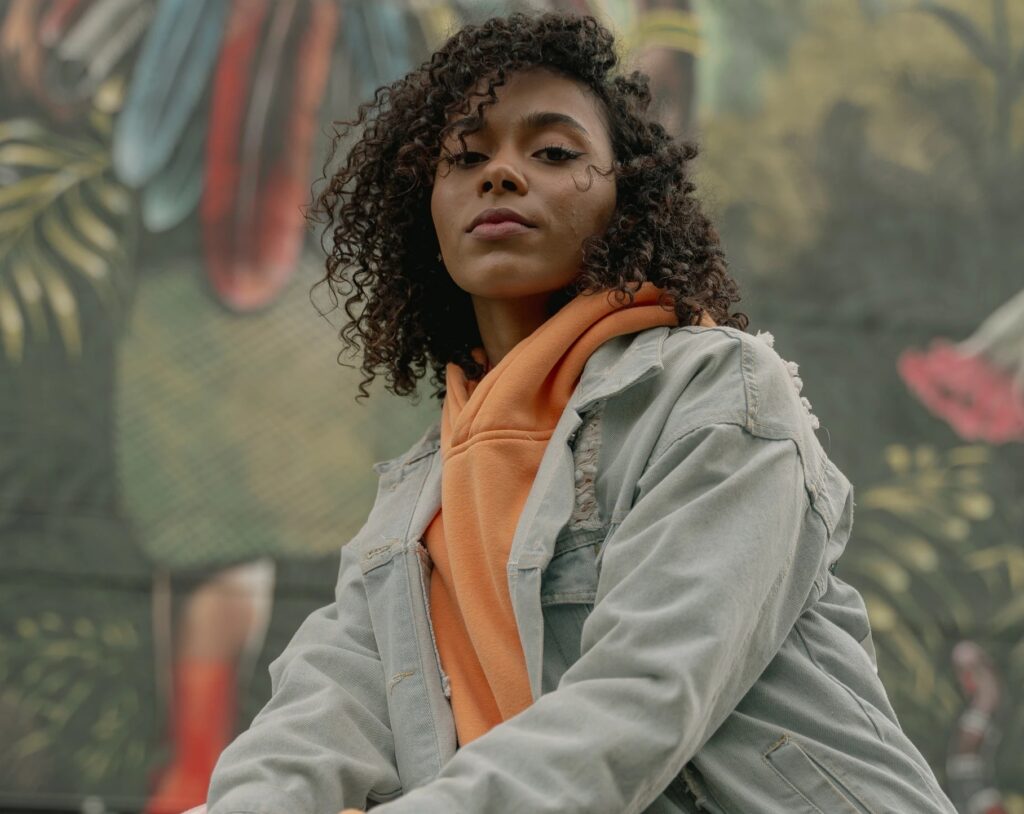
Quick question: What’s common between the following music artists? Kings of Leon,
Deadmau5, Grimes, 3Lau, Jacques Greene, and Tory Lanez?
They are music artists who just sold their music through NFT (Non-Fungible Tokens). Of all the transactions recorded so far, 3Lau’s recent sale fetched $11.3 million from an NFT auction.
Think of NFT’s as permanent digital tokens assigned to an asset — usually a piece of art, a song, a music track, a video (or a series of videos), a soundtrack, or even a digital meme.
There’s no telling what an NFT can be tagged to, but once it’s done, the NFT is permanent and tracks ownership transfers, transactions, and more with regards to the specific asset.
NFTs have held in blockchain — the same technology backbone that also powers cryptocurrency such as Bitcoin, Ether, and others.
When you create an asset (music albums, singles, or even kitchen-table music tracks), you can let your fans purchase NFTs (or bid on NFTs which make the underlying asset go up in value).
As a music artist, it could be a promising new way to monetize your music.
Here’s how music artists make money with NFTs now:
Create digital assets and Assign NFTs
You don’t need technical knowledge to create NFTs (contrary to what might seem like a really geeky thing to do). The first step is to understand what digital assets can have NFTs assigned to them. What are the assets that you can create NFTs for?
According to CoinDesk, you can create NFTs for the following:
● Any kind of artwork
● Music
● Digital collectibles
● Videos
● Virtual land
● Video gameplays
● Any real assets that can be tokenized (ranging from real estate assets to designer sneakers)
● And more
Here’s a complete guide on how to create, buy, and sell NFTs. On Ethereum, there’s a complete guide on what NFTs are (The Internet of Assets) and how you can use them.
Join NFT Marketplaces To Sell NFTs
At the time of writing this, there are already several NFT marketplaces that exist for you to trade (sell, buy, and exchange).
Here are a few marketplaces where you can join and create NFTs for your music tracks, music singles, GarageBand tracks, music videos, and practically anything related to music (including rare and valuable music instruments, if any).
● Submerge — for music artists
● Nifty Gateway Marketplace — for music artists
● OpenSea — general NFT marketplace, includes music NFT
● Mintable — general NFT marketplace, includes music NFT
● Rarible — general NFT marketplace, includes music NFT
Without a doubt, there’ll be more marketplaces that’ll open up.
Manage & Store Your Music NFT Assets
You might create music. You can also create NFTs to sell.
Of course, you can buy Music NFTs as well.
How do you keep these secure? Remember that NFTs are assets — each with an underlying value (and the value could go up).
The answer? Hardware Wallets.
Ledger, for instance, sells Ledger Nano S — a secure hardware wallet to help you store your cryptocurrency, digital assets, and NFTs (of course).
Other better known hardware wallets include Trezor, Keepkey, and others.
Where there’s money (or any asset), there’s insecurity. There are hackers and thieves. The onus is on you to protect your Music NFTs as much as you can. Here’s a guide to get you started on How to manage and store your NFTs.
Can Music artists really sell music with NFTs?
The trend certainly looks promising. Mike Shinoda — of Linkin Park fame — recently sold an NFT for about $30,000 for a piece of digital art.
Jacques Greene, — recently sold the rights to his new single Promise — and accompanying animation for around $20,000. Individuals can still stream and track the purchase.
According to MusicTech, 3Lau — DJ and producer — had over 33 NFTs auctioned and receives a royalty each time a sale happens on a few of his NFTs. His auctioned items include a special edition vinyl record, an unreleased music, and a custom song.
Deadmau5 sold 6,000 collectibles as NFTs with a collective value estimated at $96,940.
Grimes auctioned 10 NFTs for $6 million — includes unique images and short videos related to her music.
So, yes, there’s a promise. Just how successful independent music artists will be with music NFTs is something that we have to wait and see.
Music artists can sell NFTs. It’s a new way to monetize your music. But there are risks as well (which are manageable).
How (and where) are you going to create, manage, monetize, and sell your NFTs as a music artist?



